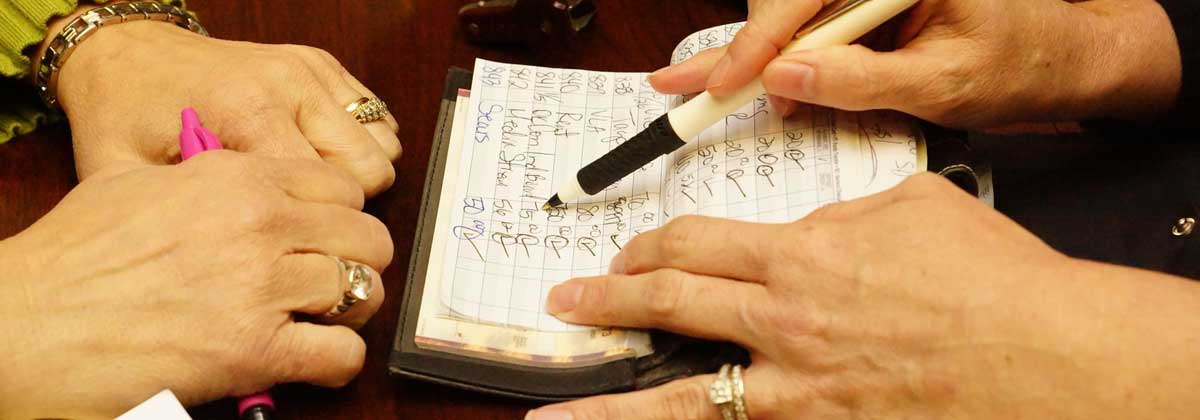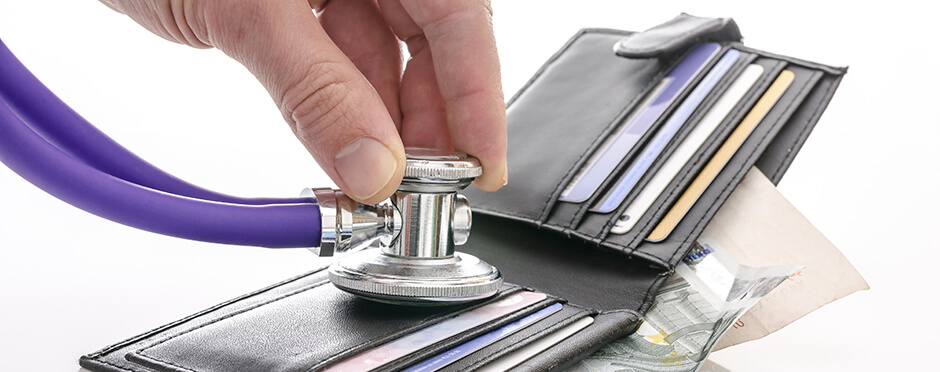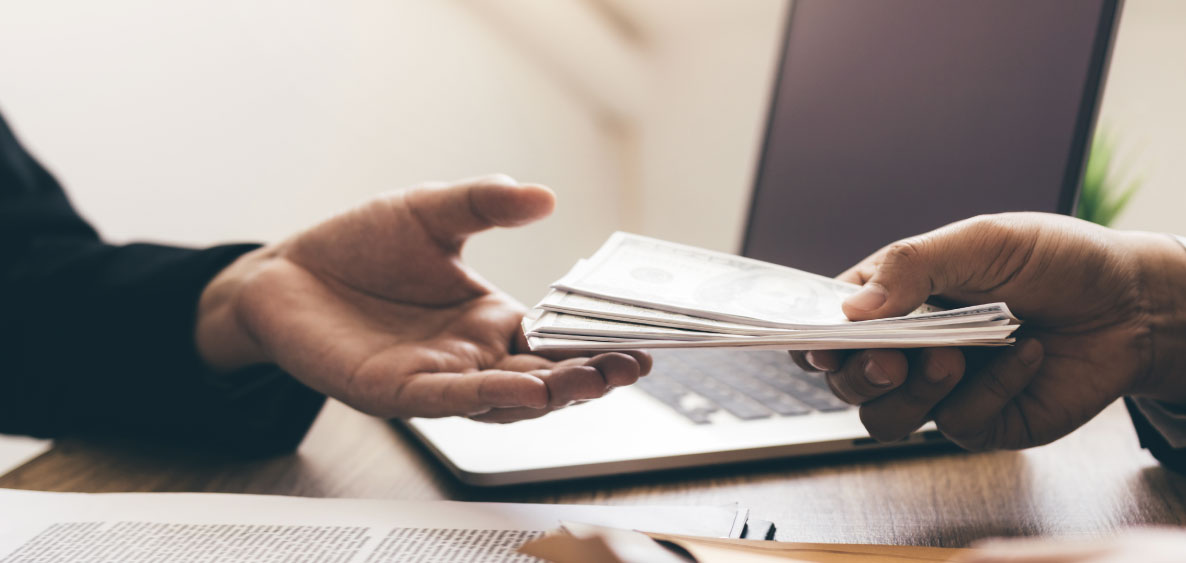
Financial well-being January 8, 2015 By
A widely unpopular task is balancing one’s bank account. But keeping track of your account balance the “old fashion way” can help you budget and save your money and help you avoid unnecessary fees. Here are a few reasons why:
- Calling the bank and getting a balance discrepancy - When you call the bank for your current balance, it only reflects what transactions have cleared the bank as of that moment in time and does not take into account any checks being held by others to whom you have written checks, debit card transactions that have not been cleared by merchants or any automatic drafts scheduled. These types of transactions are commonly referred to as float items. Imagine you call to check your balance on a Monday and at that specific time you have $100 in your account. You then proceed to spend additional funds not realizing that the $45 you spent on groceries had not cleared the account yet due to weekend processing. This would then lead to your spending more than you have in your account and lead to overdraft charges.
- Overdraft charges get expensive - By not keeping and balancing a register and just relying on your memory or a phone call to check your balance at that exact moment, you’re opening yourself up to overdraft charges. Consider our first analogy where you called and the bank said your balance was $100, yet your $45 grocery charge had not yet cleared, making your true balance $55. You thought you had $100 and proceeded to spend $60 on a pair of jeans and $20 on dinner (in that order). In this scenario, knowing now you really only had $55, you would then be hit with two overdraft charges (let’s say $30 each). So in effect, those jeans and dinner cost you $140 instead of $80.
- Using your debit card - Another common mistake people make is forgetting to account for all debit card transactions. I use my debit card for every transaction, regardless of how small it may be, and always ask for a receipt. The receipt will serve as a reminder to either verify the transaction when it clears the bank, or as a reminder to enter the transaction in your register for future balancing with the bank.
- Merchants and banks make mistakes too - By not balancing your checking account, you are putting all of your trust in merchants and banks to be 100 percent accurate on literally billions of transactions worldwide. The bank balance should just serve as a check point to keep you and the bank both balanced.
- Your balance paints a clear picture of where your money goes - Balancing your account and forming categories for expenses will help establish spending patterns and point out areas of waste. This can be a bit time-consuming if performed manually, but there are several software solutions available that help streamline this process and can even automatically download transactions and categorize your expenses. You can then look quickly at pie charts and see how much you've spent on Gas, Dining out, Groceries, Clothes, etc.
You may have heard the saying “If you watch your pennies, the dollars will take care of themselves.” No matter how much or how little is in your account, knowing your balance and budgeting it appropriately is the first step to financial well-being.




